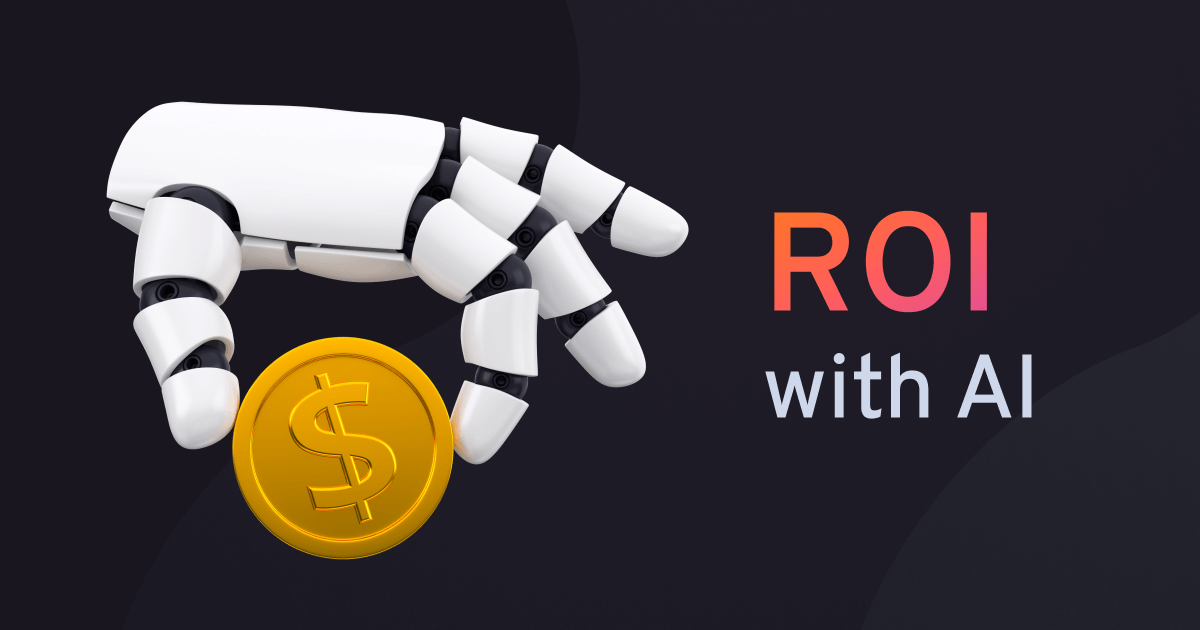Building Trust In AI has become one of the most urgent priorities as artificial intelligence evolves from predictive systems into autonomous agents capable of acting independently. The rise of agentic AI marks a shift in how organizations build, deploy and supervise intelligent systems. These agents now make decisions, interact with enterprise environments and influence operations in ways that demand new governance frameworks.
The changing landscape of autonomous AI
AI no longer functions as a passive assistant. It behaves more like a decision maker with the ability to interpret information and act. This development brings new risks that tie directly to the integrity of the data supporting every AI decision. Industry leaders emphasize that data security and AI governance must advance together. Cyera’s Jason Clark describes AI as a superpower that consumes and produces data rapidly, arguing that trust begins with responsible management of that information.
DataSecAI 2025 and rising urgency
This year’s DataSecAI 2025 Conference illustrates the scale of the challenge. The event brings together CISOs, policymakers and researchers to address how organizations can secure AI before it reaches uncontrollable levels of autonomy. Attendance continues to grow as leaders seek answers. Many participants believe the future of security depends on developing stronger foundations instead of reacting to threats after damage occurs.
From reactive defense to strategic discovery
Historically, cybersecurity concentrated on vulnerabilities and breaches. AI has changed that dynamic by exposing how incomplete data governance can magnify risk. Recent research shows that many companies deploy AI without fully understanding their data exposure. Analysts point out that adoption of AI agents is accelerating. Many enterprises begin with low-risk tasks, yet the next phase will integrate agents into core business systems. That expansion brings significant value but also greater exposure.
The risk of deeper enterprise integration
As AI agents gain access to sensitive applications, organizations face higher stakes. Without strict identity management, audit trails and behavioral controls, agents can become unmonitored entry points. Many security professionals now view agent autonomy as a force requiring structured oversight. Enterprises must balance efficiency with safeguards that prevent systems from operating without proper visibility.
Governance and layered autonomy
Clark argues that AI agents must be treated like digital employees with defined identities, permissions and accountability. Some companies already assign employee numbers to agents to support structured oversight. This approach treats autonomy as progressive, starting with tight supervision and expanding freedom only after trust is established. Human oversight remains essential as teams evaluate how far along the autonomy scale they wish to go.
Education as the foundation of resilience
To address the talent gap, Cyera launched the AI Security School, offering free training to professionals who need practical knowledge of AI risks. The curriculum focuses on governance, data classification and behavioral monitoring. Security teams are expected to evolve quickly, and education provides the structure needed to adapt. This effort reinforces the idea that skill development is a critical part of modern infrastructure.
Trust becomes the new perimeter
The conversation around AI increasingly centers on trust. It applies not only to the accuracy of data but also to how AI systems interpret and act on information. Experts acknowledge that mistakes will happen, and perfection should not be the expectation. Instead, organizations need oversight mechanisms that scale. As the number of AI agents grows, automated supervision becomes essential to maintain consistency and reliability across systems.
Building intelligent trust for the future
Trust in AI depends on transparency, governance and reliable data. The work led by platforms like DataSecAI demonstrates how research, collaboration and training can shape safer pathways for AI adoption. As autonomy increases, organizations must align technology with human oversight, ensuring that AI systems act responsibly and predictably. Understanding the data behind AI becomes the first step toward creating systems that earn long-term confidence.










